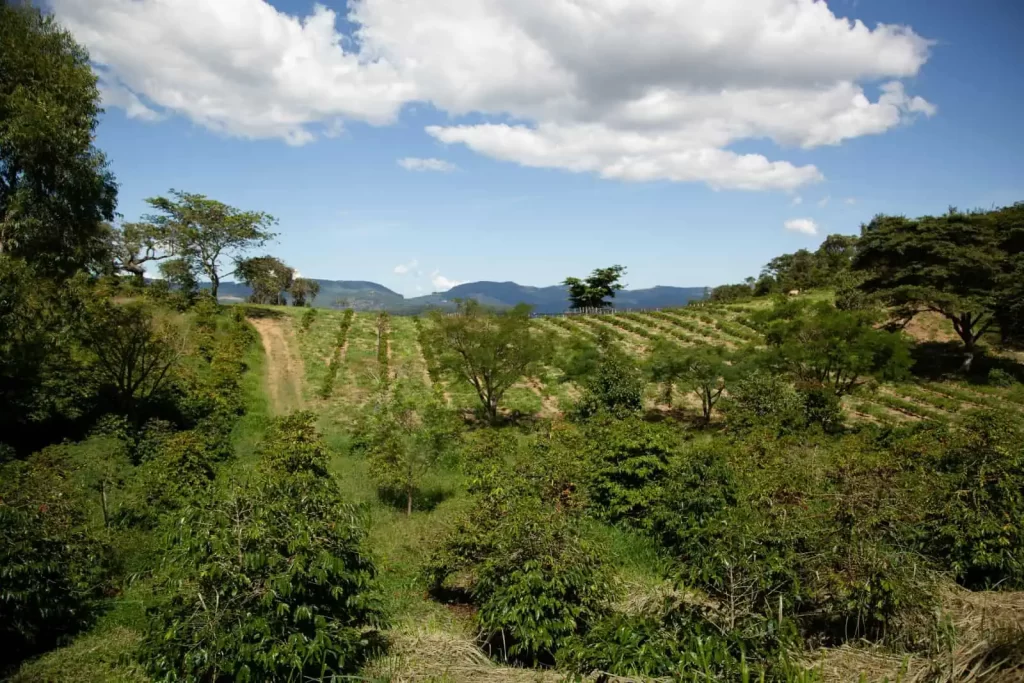Introduction to Systems Thinking
This course is an opportunity to build a global system of systems leaders who help their organizations to discover meaningful missions that will transition our ways of living on the planet to become sustainable and resilient.About this course
Expand your understanding of systems thinking and take charge of your ability to leverage the outcomes in your systems and to make them sustainable and resilient.
Making sustainability happen and turning conscience into action is an act of systems leadership. It requires not only habits that bring out the leadership in each one of us, but the ability to see the whole, as well as the discipline of systems to align the purposes of those who come together to participate in systems. It requires abilities to recognize places to intervene in the system. It requires abilities to shape and design new systems to be sustainable and resilient.
The course brings together those motivated to influence or lead systems, not just organizations. It equips them with the ability to recognize the systems that they are a part of, its constituents, the purpose that binds them together, and the places to intervene in the system.
The course will build individual and organizational capacity to address the systemic causes for the problems and challenges of their fragile, unsustainable systems that usually lack resilience. It will provide the participants an opportunity to develop habits to see the whole, and the habits that drive the behaviour and change that affects them, not just the parts that show the symptoms that they work hard to hide.
This course is an opportunity to build a global system of systems leaders who help their organizations to discover meaningful missions that will transition our ways of living on the planet to become sustainable.
This course will have live sessions every week that will be recorded for those who might not be able to attend.
What you’ll learn
This course will support participants to:
- Learn to recognize the systems that they participate in
- Discover leverage to change the behaviour of the system
- Learn the principles of governance of sustainable systems
- Create a shared understanding of Systems Thinking and Systems Leadership
Themes
- The participants and purposes of systems that governments, NGOs and businesses participate in
- The governance of systems and its consequent outcomes and impact
- The ideas of sustainability, anti-fragility and resilience
Course partners

Course outline
Introduction to Systems Thinking is an online, facilitated course of five-weeks involving 20 hours.
Participants will be introduced to the concepts through content and facilitation that include videos, articles, live conversations, a project, and discussion forums. In each session, participants are expected to actively participate in conversations, focused inquiry, and complete the project.
At the end of the course, participants will submit a 5-minute video summary of their project along with a report on the system they investigated during the course. This course will encourage interaction between participants, expect them to build connections, and collaborate with each other.
Week 1: Reacting our world: The problem of addressing a world of problems
- Solutions of yesterday
- Problems that do not go away or things get better before becoming worse
- The symptom is not the problem
- Alternative thinking on reacting to addressing the world of problems
Week 2: Systems: The idea of a unit of change, the “whole”
- History of the idea of Systems Ludvig von Bertalanffy, Stafford Beer, Humburto Maturana and Francisco Varela, Fritjof Capra, Jay Forrester, Anupam Saraph
- Actors in a system: the parts that make up the whole
- The purposes of actors: the driver of interactions, the basis of relationships
- Exploitative and symbiotic systems: the patterns and processes that emerge from interactions
Week 3: Governing Systems: Principles for enduring change
- Skin in the game
- The role of technology
- The role of markets
- The role of politics
Week 4: Sustaining Systems: Principles for a sustainable world
- The Limits to Growth
- The WCED insights
- The climate crisis
- The post-covid world
Week 5: Places to intervene in systems: Leverage for enduring impact
- Choosing the information to recognize events in the system
- Determining the roles in system
- Deciding the purposes for participation
- Choosing to reorganize participation in the system
This course was developed under the framework of the UNESCO Chair in Education for Sustainable Development with the Earth Charter, coordinated by the Earth Charter Center for Education. The Chair is a collaborative effort between UNESCO, Earth Charter International, and the University for Peace to develop educational programmes and research activities related to education, sustainability, and ethics using the Earth Charter as a fundamental reference.
Requirements
If you are in a leadership position in government, NGO or business and you feel the need to expand your sphere of influence to make a meaningful impact, you will want to be part of our course on Systems Thinking. If you are interested in learning what is systems thinking and how it can help you better understand and implement sustainability in your context, this course is a good opportunity. If you influence boards of organizations and want to ensure the sustainability of your organization and the audiences it serves, and have not practiced systems leadership, this may be the retreat to rediscover your purpose and revitalize your commitment. As an impactful leader, you will bring humility, compassion, inclusiveness and sharing to the course.









